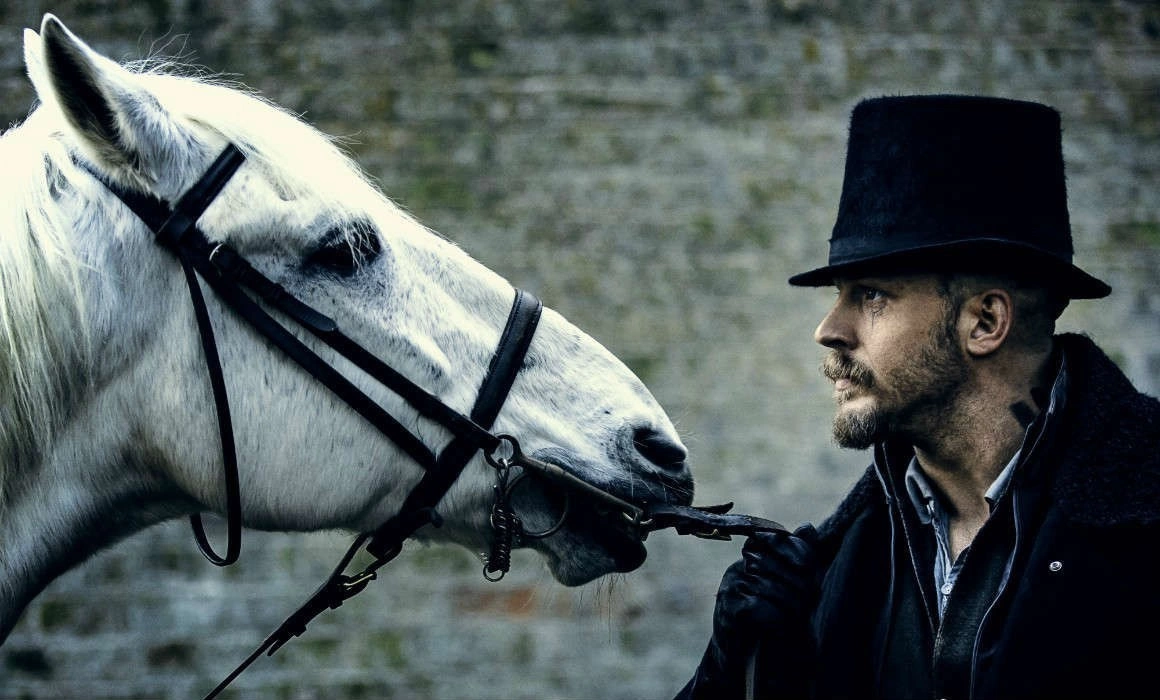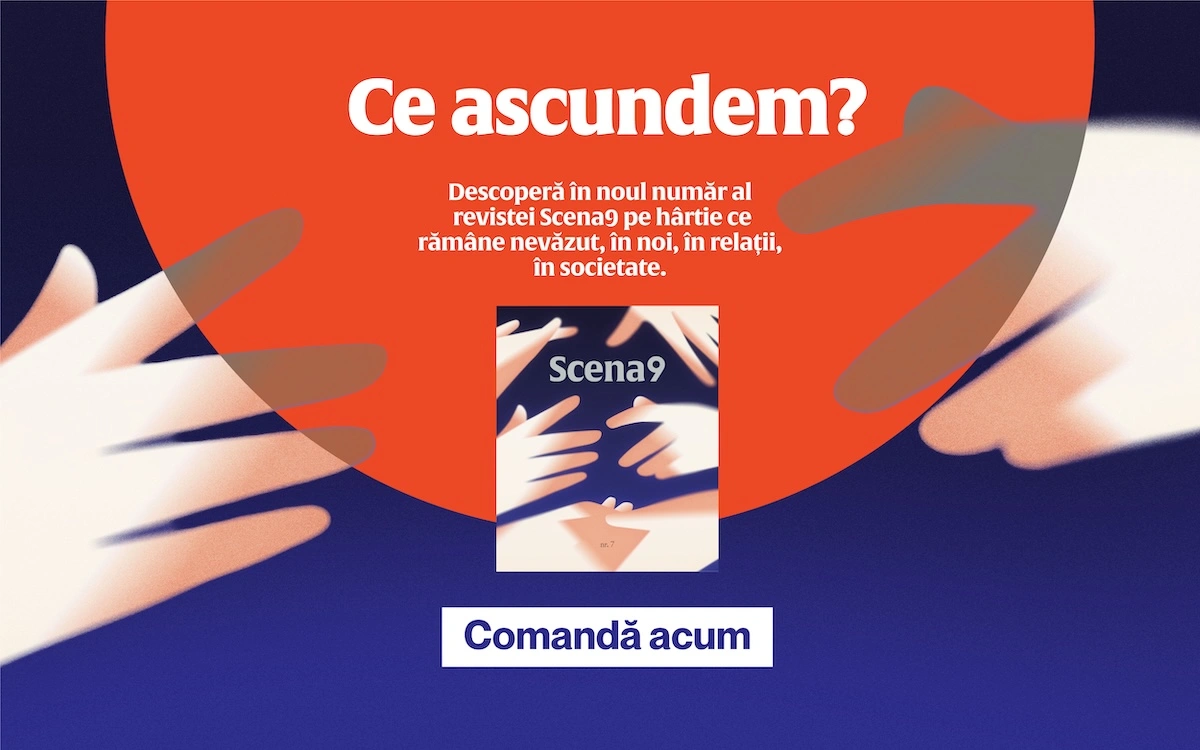Tom Hardy has a cold. His cap is pulled over his eyes, and he blows his nose on a tissue brought by the assistant’s assistant. We are sitting face to face, in an apartment in Stockholm’s Grand Hotel. I’ve come to the press day for Taboo, the series made by Hardy, his father (Chips, novel and script author) and Steven Knight, the man responsible for Peaky Blinders and Locke. This series is Hardy’s favorite toy, the project where he invested lots of money, one that’s close to his heart and that he made exactly as he wanted. The result is a first season that is as dark as a London morning in 1820, in which the mud outside matches the dirt on the inside. Hardy plays James Keziah Delaney, the wandering son who returns home to London, after a mysterious stint on the African continent. It just so happened that James’ father had just died under bizarre circumstances, so James inherits a piece of land strategically placed between the USA and Great Britain. This is the reason for conflict with the gruesome East India Company, a proto-company with mafia-like behavior. Add to that half an incest, some black magic, Dickensian fog, and the violent outlines of a world that is losing ground in front of the industrial revolution.
Hardy fills the screen up with his coat, hat, and stare of an eagle looking for a prey. The confidence with which he ties together his adversary’s guts and weaves evil plans makes you congratulate yourself for not having done anything in life that entailed an enemy like Delaney. The first season of the series starts March 17th on HBO. If you just can’t wait, you can already watch it on HBO GO.

Tom Hardy has a cold and he’s one of my favorite actors. Three years ago, after I read Tom Junod’s extraordinary Esquire profile, I took a break from life and watched Hardy’s movies. One after the other, I went through Bronson, Warrior, The Take, Lawless, Locke, etc. and I became more and more certain this was one hell of a guy, one of the best actors of his generation. I would even dare say the best. Now we’re sitting face to face and I need to begin the interview. We exchange pleasantries, something about how this Swedish light cuts unexpected shapes on our faces, I wonder how I can squeeze as much as I can in 15 minutes, he smiles and I haven’t the slightest what he’s thinking. He sneezes. Bless you, Tom, I tell him and I begin.
It was supposed to be an interview about the series Taboo. What came out is one about children and fathers.
In Taboo, you played with the genre of the period piece. Would you say you brought more reality or fantasy to it?
Equal parts. Historically, I think we played with real entities, like the East India Company and London at the docks, and trading and shipping companies and Prince Regent being George's son. There's real people in there, and then there's fantasy, as in fiction. And there's an element of fairytale on top of it, as well. Equal parts, really.
[The first question goes by very easily. I get scared. Before I got my turn, I stood in front of the door to apartment 139 and saw journalists exiting as happy as school children after an oral exam. Dude, what a cool man! So intelligent! He gave me such a great answer! I hope I don’t screw it up. Next question.]
Taboo has been successful in changing perceptions about England at the beginning of the 19th century. People were surprised to see that there was so much “fuck” and “cunt” in the conversation or that the East India Company really existed. Was it something that you planned all along?
Yeah, I mean I suppose I didn't think about changing perceptions, but it's common sense, there's a lot of literature around, if you look at history, you start with literature where you do see swearing is absolutely prevalent, it's just what it was. But we somewhat decided that they didn't swear back then. But that's not true. There were some complaints from some rather senior academic historians in our country. I never really understand the point of academics and the fact that they actually don't fucking do anything, but much respect to the Academy.
They do research…
Yeah, but I mean it's like get a life, get a fucking life, you whiny bastard. But with all due respect, and I have a lot of respect for academics up until the point when they can't actually throw a grenade or fight for their freedom. I hope those people who live anchored in the real world, consider the possibility that in any international corporation there will be some people who are capable of committing crimes, without any proof they did. So they can fuck off. Plus, I was kicked out of school anyway, so who cares. It's never done me any harm not being an academic. And thanks for watching the show, even if it is just to complain. Because yeah, we made that up, but it could be true. I'll move on to another topic and they can stay with it for the rest of their lives. So no love lost. Haha, I hope that's a healthy answer.
Yeah.
[I’m laughing out loud, I’m relaxed now. On Taboo’s wiki page, there is a whole paragraph about reactions of the British historians to the series. They’re saying that East India Company wasn’t actually that corrupt. But Taboo doesn’t unfold in reality.]

Somebody made a YouTube video called Tom Hardy Grunt Counter.
That’s because they’re jealous (haha). I saw it last night. I’ve been grunting in conversations ever since I started watching the series.
It’s the kind of detail that gives substance and soul to a fictional character. How do you choose which traits to associate with a character? Is it arbitrary?
No, it's by observation. Everybody make noises. They do it whether they are aware of it or not. Most people are not as aware of themselves as they think they are, but it's like leaving a camera in your bedroom or in your house and forgetting about it and then watching it a year later and really watching how you walk around compared to how you think you walk around. It's two different things. Many people are shocked when they hear a recording of themselves: “I don't sound like that, I don't like it”. You do sound like that! The perception of ourselves and reality are two different things. I say this to defend the grunting, but the truth is it is also used in academic acting classes. I did got kicked out of my method acting school as well, which is why I do not really like method actors.
Don’t you like Marlon Brando?
I do, yeah, but I think... See, this is a misconception. “Method actors”. There were multiple methods, from Strasberg, Stella Adler, Uta Hagen, every master had their own method. Is any method really necessary, or do we just need to fake it till we make it? Faking it can be a method. Just pretend. If you had your passport confiscated in Thailand, because they thought you were trafficking heroin and you knew that wasn’t true, how would you get your passport back? You don't have to follow a certain method to be convincing, you know what I mean?
You only have to tell a story and be…
As honest as possible. This is something connected to common sense. Not method acting.
Some of the exercises which I came across in my travels were based on sound. When you're feeling, just make a noise. Another one is to sing a nursery rhyme, like Baa Baa Black Sheep, but but in a very dull style. Inhale and sing each syllable as loud as you can, while trying to keep the note. While you’re singing, look at individuals in the circle and eventually what happens is you just stand there with your legs together and your arms by your side. You don't have to move, you just sing. And it's weird because eventually, your voice breaks and you start to shake, and laugh and every time that happens, the teacher will tell you to stop, start again, stand still and keep singing. Until you just can't even do the most basic thing, because your body starts to itch, your voice wobbles, you cry and laugh; it's the complete opposite of meditation. It's putting yourself in a position where your body just doesn’t want to be looked at. And it starts to involuntarily show what's going on inside it with help of sound.
It's the same with grunting. You punctuate dialogue with moments when deep feelings or thoughts bubble up to the surface, so you can communicate to the audience what goes on inside the character’s mind. It's like being a little bit further inside the character’s mind. That’s why I do it. So you, the viewer, can decipher it. I think I know the reasoning behind that or Did he get some pleasure from that? or He doesn't trust this person even though he said something which is...
This way, you can mark a moment. And it can be the complete opposite of the line you just said. It completes the image of an illusion. And I think it’s useful. There isn’t anything I’m not aware of. I was a little embarrassed when they made the montage with 73 grumbles, maybe because I might have overdone it. But I think it’s one of those things that you do when you’re trying to create a character who pays attention to the world around him. One who listens to what’s going on, who is simply present. Does this make sense?
Yes, yes, I sometimes listen to the interviews I’ve done and I scare myself when I hear my laughter, because I realize that if I laugh just as loud in real life…
Oh! Ok, ok…That’s interesting, because this is what you have to offer. It’s a personal sound. Again, it’s not about what you’re trying to say, but it gives another layer to what makes you, you. It may be a nervous laughter, a confident one or one that’s trying to avoid something. And it’s ok that you can’t control it. I grumble, yes, that’s what I do…If the lines aren’t good enough, I grumble. Haha.
[I’m beaming like an Ikea lamp. Tom is in the mood for stories, he’s curious to see what I’m going to ask him next. Does anyone have a beer? Or at least some cough syrup?]
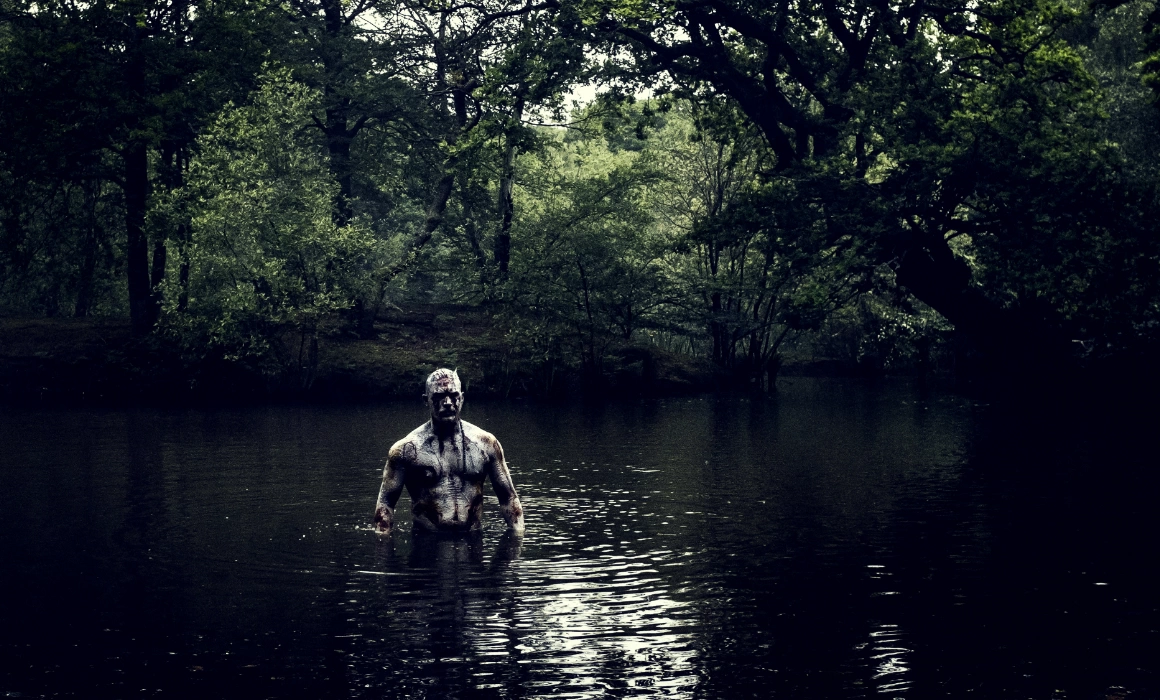
You wrote this series together with your father, and Taboo is also a story about a son who’s trying to make peace with his father’s memory, I was wondering if you and your dad have always partners in crime? Or if, at some point, you also had to try to better understand your relationship with him?
Yeah, I mean my father and I, we didn't talk for the longest time when I was growing up, and only in the last 14 years really we have become very close. Growing up, my father was working a lot and came home late. I didn't see a much of him those years, and then I went to boarding school, so I guess I was searching for a father figure for many years. I met some guys that I saw as father figures. I don’t have brothers, so I chose to have around me all kinds of men who would make me feel strong and safe. Which proved to be dangerous, because I didn’t choose the right people. Or maybe I did, since I’m here now, but I had to learn a lot of things on my own about fraternity and paternity. Don’t get me wrong, I also had my father, and that’s definitely a significant detail for the way you get to tell a story.
Plus, in the past years, we really got close and found a common language, because we’re both pretty alpha in the way we think and present ourselves to the world. We met again and reconnected at a completely different level. I have a huge amount of respect for him as a person. I can work with him like I’m working with someone I don’t know and we argue like we’re not connected in any way. But, at the same time, I know he’s my dad and I love him and I want to impress and protect him. I think it’s easy to separate things. For me, at least, it’s easy and I think for him it’s also easy, so, in private, we can talk like men, and, officially, like father and son.
In Taboo, I think it’s more about the mother figure. James hates his dad; he thinks he killed his mother. He does not know he was trying to protect him. And she wanted to kill him, because she was aware of the corruption surrounding her and believed it would have been better for both of them to die rather than grow up in the West. And things were going to crumble anyway. After the story with Zilpha, his stepsister, the father is so shocked, that he demands the son to be sent to the Academy. He leaves for the Academy and then he is cast away in Africa, where he does something that, theoretically, historians would describe as impossible. But there was a chance these things really did happen. The father who abandoned him becomes the father figure of the establishment. While in Africa, James is at God’s mercy, in a world where God didn’t yet exist. He comes to a place where nobody escapes from, and then he’s thrown back into the world, coincidentally at the same time when his real father dies. We can speculate he’s dealing with an Oedipus’ complex, but not as Freud meant it. To that, add some shamanism, PTSD, hypervigilance and intuition, plus a OCD type of family peculiarity that manifests itself between him and his sister. In some way, James and Zilpha resemble Cathy and Heathcliff, they’re both unstable and have very rich imaginations. Ultimately, his obsession for his stepsister is also connected to his desire to punish his father for his second family.

Chips [Tom’s father] had to write episode 6, the one where everything blows up. Did you see it?
Oh, yes…
Everything falls apart. And you realize James is a superhero without powers. That helped him survive, his belief that he had an incredible intuition, which is actually madness but I don’t think he wants to believe he’s mad. Our intention was to create a hero who doesn’t really have any clue what he’s doing, but he pretends he does. He has no clue what will follow. What’s certain is that if someone attacks him, he’ll fight back. He has a strong distaste and contempt for institutions, father figures, and bullies. And he’s no fool.
[When it comes to 15-minute interviews with superstars, everything is a lottery. Chances are, it will be shitty, a collection of questions-answers that aren’t meant to rock the boat. But Hardy didn’t come all the way to Stockholm to give yes or no answers. He barely lets me finish the questions; he wants to tell his story. I look at him and it’s like he has a sphere of warmth in the middle of his chest. He’s a good guy who used to be a bad guy.]
The East India Company, a gang of clerks who were so corrupt they resembled the mob, is the prototype of a structure based on the abuse of power. In the past few weeks, half a million Romanians took to the streets to protest against a corrupt government. Do you think that power in itself has an ounce of corruption?
Yes, I do, always. I think the two are deeply related. What was the other option?
That there is such a thing as “good power”.
It’s said that absolute power corrupts absolutely, right? If someone who has power has no one keeping an eye on them, you can’t tell if they’re innocent or not. But if you control their power, then it’s no longer power. What I think is that there’s force in unity or that there’s something in the human spirit that is profoundly strong.
Do you really believe this?
I don’t really know what I’m saying, ha ha, I just think that…we need to believe that the better side of us will be the one that endures. Common efforts to achieve a goal we all want…I think that’s called power. Determination, strength, vigor. I don’t know if you can discipline that kind of power. Something really bad has to happen for people to say ‘No! That’s enough, we need a change’. People have this huge ability to bear pain and oppression, so it’s all down to the moment when they change gear and say ‘No. Let’s start over’. And you can’t predict this, can you?
[I think we have to stop here, at least that’s what the third person in the Grand Hotel room says, while looking at us and then at the clock. I look at my phone; 20 minutes have already passed. I won’t give up. The previous evening, Hardy read a children’s story for BBC, making mothers all over Great Britain faint. Plus, he also invented a tomcat – his name is Marmalade – for one of his boys. He also made this series for grown-ups. I just have one more question.]
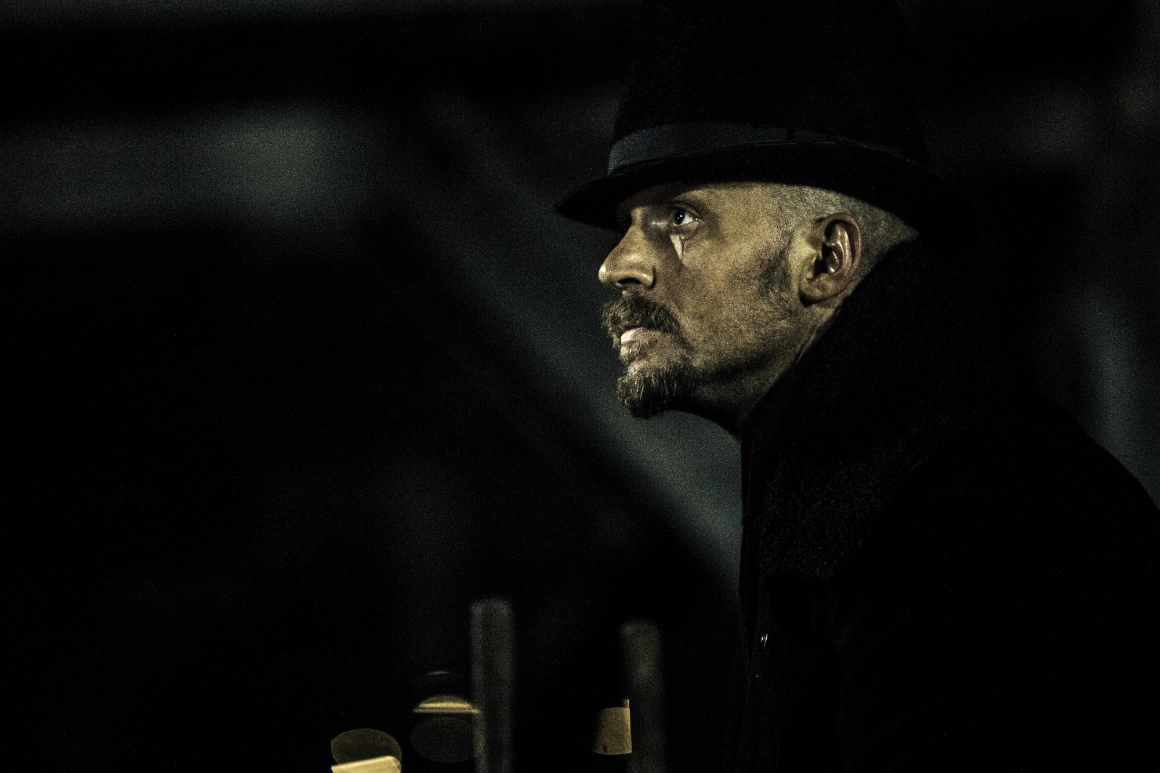
I have one more question. You’re a fan of storytelling, in all its shapes. And, in a way, Taboo is a fairytale for grown-ups.
Yes, it is definitely not for children. Once upon a time…Hahaha. Let’s take the crimes out, son…
You invented a tomcat for you son, you read stories for BBC…
The little ones want me to invent stories. I read them Gruffalo, We’re Going On a Bear Hunt and all the classic English stories. Nothing compares to the time spent with your children. Even if you tell them a shitty story because you’re dead tired, after waking up at 6 in the morning. I’m not the type of father who’s at home a lot. When I have to take care of my boys alone for 3-4 days, I find it the hardest job in the world. It’s a mission. Hat’s off to the mothers in my life who do this, for me and the kids. Now, Charlie and Louie love new stories, where they can add things and take other things out – “No, but this would never happen! No, but who knows”. I ask them “What would you do if you were him?” and they say “I would do this or that”, “Well, this is what our character did”. It’s a beautiful thing, to create stories with your children. The problem is that after they get a taste of the stories created especially for them, it’s like chocolate, they keep wanting more. And your brain is too tired.
What a story…
[I’m sorry, it’s over, the third person in the room announces. I probably make a desperate face, because Tom asks me:]
What did you want to ask me, what story…?
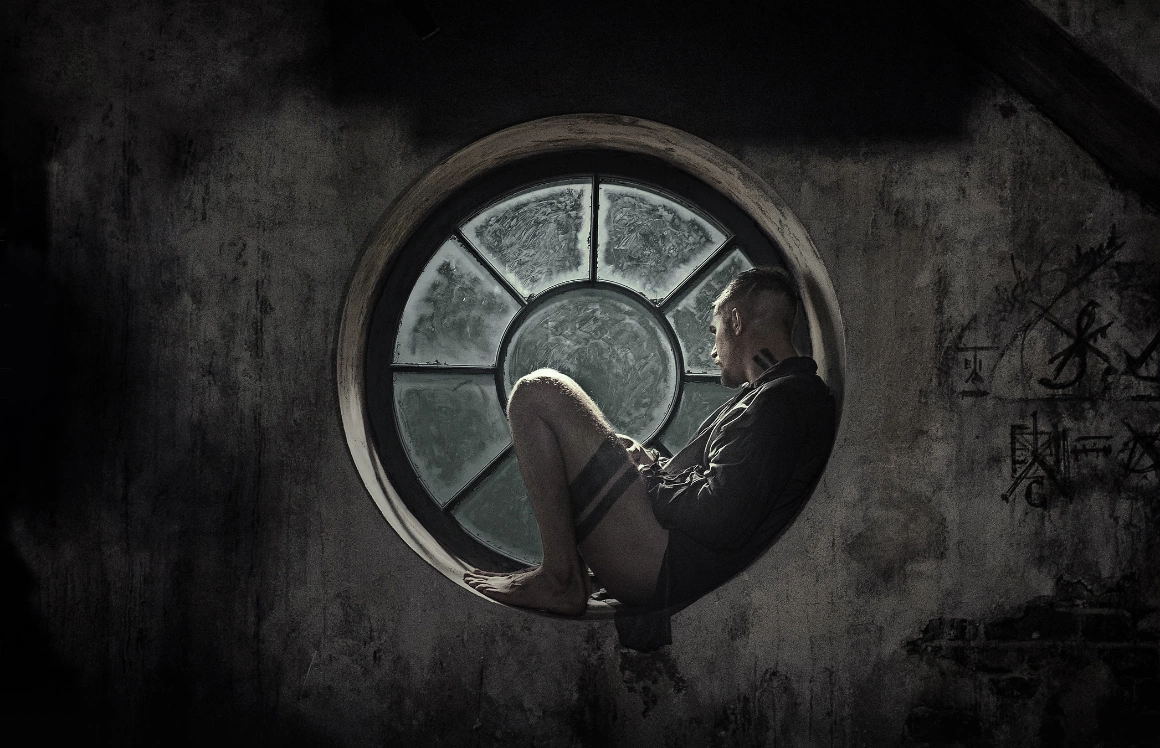
What story do you tell your kids about the world around them?
They are too little for that now. I think when it comes to boys, the period in their lives when you have to show them you’re there and tell them to learn as many things as possible is at around 7 years of age. Then, at around 12, you take them aside and say “Here’s the deal, you’re going to get hurt and it’s not going to happen just once. But it doesn’t need to hurt badly”, you know what I mean? You don’t need to do much explaining, because life will do it for you. They’re children, there’s no point in telling them. Sooner or later, life will hit them. So for now, I tell them about Marmalade. And about pranksters and jokers, and I tell them it’s good to have a strong personality, to face things, to question them, to learn how to cope. To be smart, but not necessarily academically. To read people, to sense danger, to know when to leave, and when to stay. And to love. You know, these kind of things. All you can do is hope everything will be OK. You can’t control anything, anyways.
Yeah.
Mmmm. And if you like me as an adult, you can still be a kid.
[I don’t even hear this last line, I’m too busy taking a bird out of my pocket. “Here, a ceramics bird from when I was little, you blow in it and it whistles. My way of saying thank you for a half an hour of your life. Sometimes, I feel like things are too formal and we just tick things off a checklist, when it’s actually really cool that we managed to talk inside this hotel in sunny Sweden”. Hardy hugs me, asks me how you say bird in Romanian. “Pa-să-re”. Tom Hardy has a cold and he’s one of my favorite actors.]
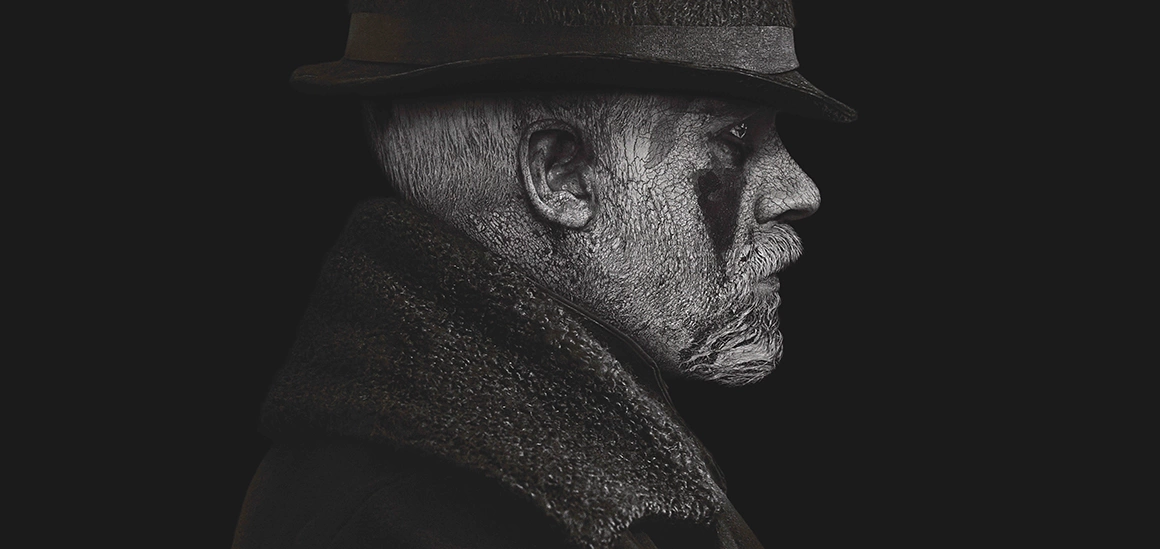
For more fresh English-language cultural journalism, brought to you by the new voices of Romania, look here.
